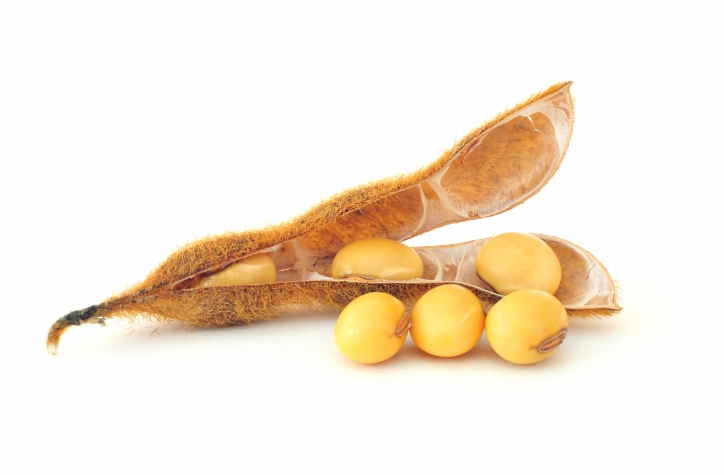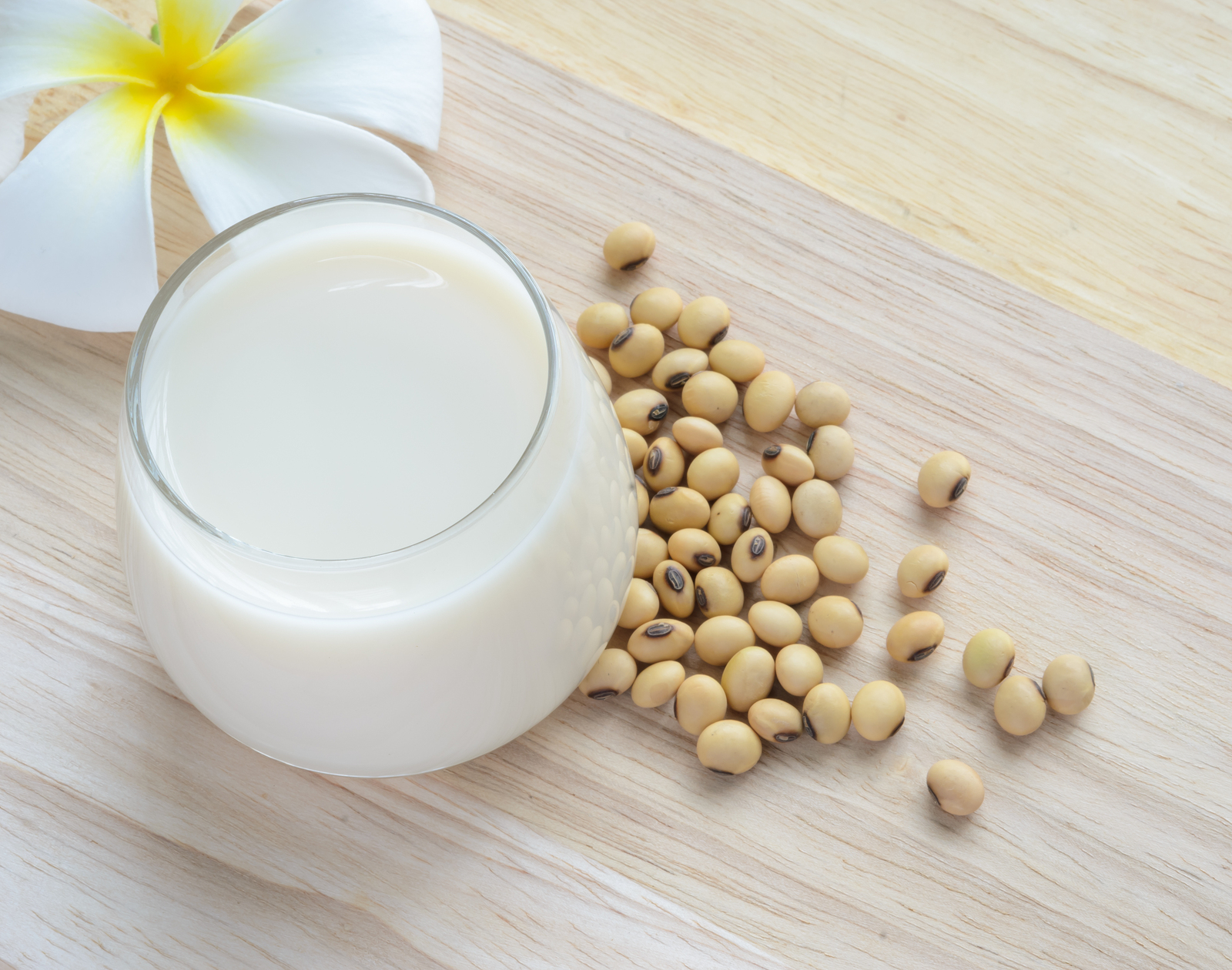This essential plant from East Asia might not need an introduction because many are familiar with its edible bean; I'm talking about soybeans (Glycine max) of course!
It is packed with nutrients like B vitamins and produces large amounts of oil and protein compared to other plant crops. A good, nutrient-packed alternative to meat for our vegetarian and vegan readers, it can grow all year round in moist and dry weather.
It is packed with nutrients like B vitamins and produces large amounts of oil and protein compared to other plant crops. A good, nutrient-packed alternative to meat for our vegetarian and vegan readers, it can grow all year round in moist and dry weather.
If you're trying to be healthy on a budget, soybeans are quite inexpensive and come with protein, carbohydrates, vitamins, minerals, and many amino acids.
Soy Isoflavones
- Soybeans
The isoflavones in soybeans have been identified as having significant effects against prostate cancer in Asian countries. Thus, the consumption of soy in Asia can serve as a guide for soy intake around the rest of the world. However, health professions are unsure whether soy in one's diet is more effective as a mere condiment, in fermented form, or in its other widely used forms (milk, tofu, edamame, etc.) Either way, it cannot be argued that people in Asian countries have many different ways to consume soy.
Older Japanese men on average receive about 40mg of isoflavone a day thanks to the consumption of soy products. Keep in mind that the more processed the product, the lower the concentration of isoflavones.
Interestingly, isoflavones are similar in structure to estrogen, so they bind to estrogen receptors in the body, hence their name phytoestrogens. However, they induce different effects in the body from actual estrogen.
 Soy foods kill two birds with one stone: helping men met their protein needs without an excess of saturated fat attached to the protein. For those who are looking to exercise and gain muscle mass, levels of stress on the kidneys and exercise-induced oxidation and inflammation in the body are known to be reduced thanks to soy.
Soy foods kill two birds with one stone: helping men met their protein needs without an excess of saturated fat attached to the protein. For those who are looking to exercise and gain muscle mass, levels of stress on the kidneys and exercise-induced oxidation and inflammation in the body are known to be reduced thanks to soy.
Phytosterols
As you get older, you start hearing more about your watching your cholesterol. Well, good news! Soybean oils contain sterols, which, although the reasons are not clearly known, have been linked to lowering cholesterol.
Phospholipids
Another incredible component of soybean oils is phospholipids, which are used as a natural food emulsifier and contribute to the structure of the cell membrane.
Saponins
Here is a component scientist are keeping their eyes on. Soybeans contain saponins, which are potentially anti-cancer, anti-oxidative, hepatoprotective, anti-hyperlipidemic, etc.
Ferritins
And last but not least, if you're anemic, soybeans have got you covered! Soybeans contain ferritin, a protein that stores more iron in your body.
Summary of the Health Benefits of Soybean
Let's take a lot of some of the benefits of soybeans that we already read about and more!
- Soybeans, in conjunction with Astragalus, improve prostate health and may relieve
 the symptoms of an enlarged prostate, including:
the symptoms of an enlarged prostate, including:- A weak or slow urinary stream
- A feeling of incomplete bladder emptying
- Difficulty starting urination
- Frequent urination
- Urgency to urinate
- Getting up frequently at night to urinate
- Soybeans may relieve the symptoms of menopause
- Soybeans may increase metabolic activity
- Soybeans may support a healthy weight gain
- Soybeans maybe help prevent osteoporosis
- Soybeans improve digestive and bone health
- Soybeans help lower cholesterol levels
- Soybeans may help prevent heart attacks and strokes
- Soybeans may help reduce the risk of insomnia and sleeping disorders

No comments:
Post a Comment